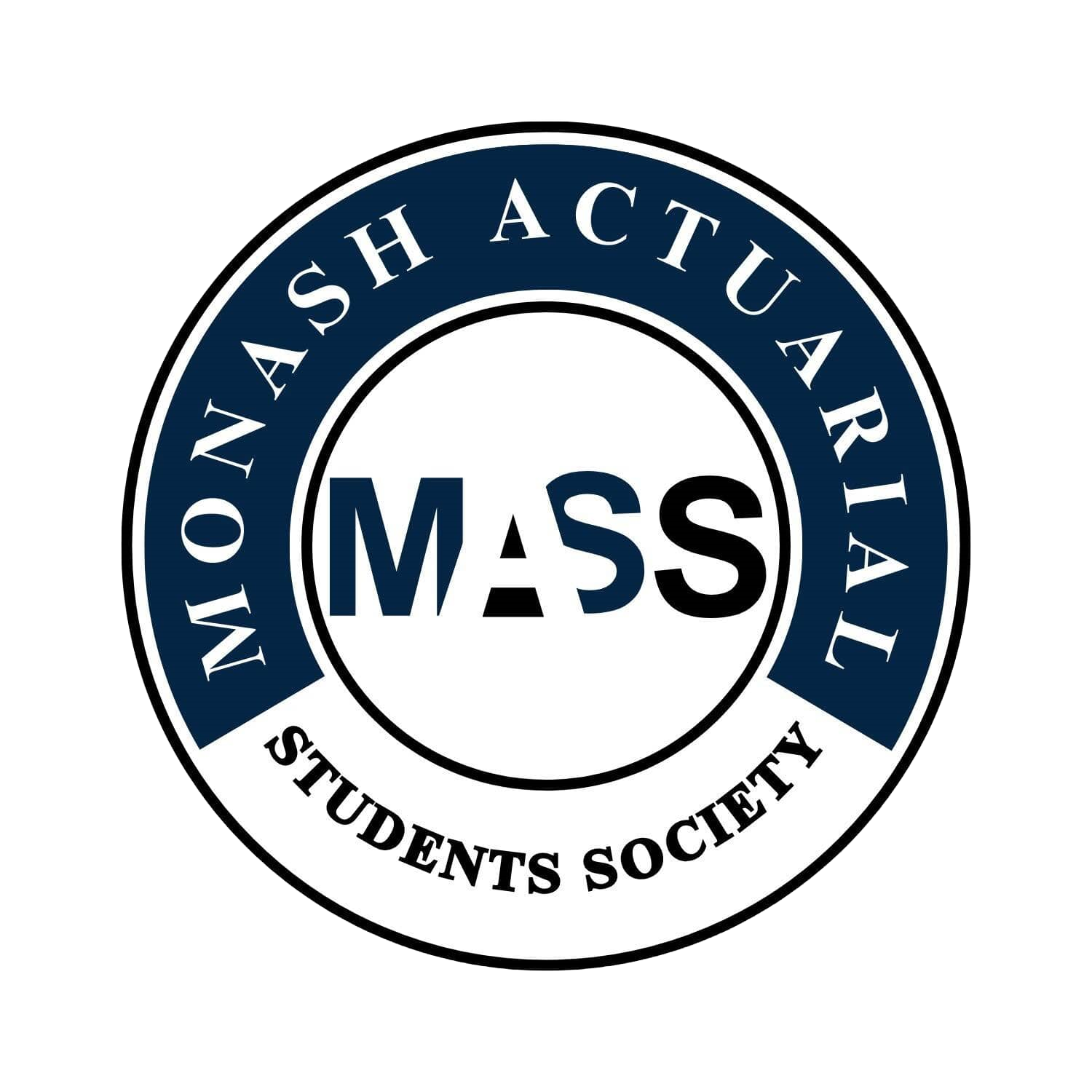ETC4120 Actuarial Practice 2
Difficulty:
Year Completed: Semester 2, 2021
Prerequisite: ETC3530 / 5353
Exemption:
Actuary Program - Actuarial Control Cycle
ETC4110 (50%), ETC4120 (50%)
Minimum weighted average of 70% required. Minimum of 60% required for a single unit.
Mean Setu Score: 81.4%
Clarity of Learning Outcomes: 82.4%
Clarity of Assessments: 76.5%
Feedback: 70.6%
Resources: 82.4%
Engagement: 94.1%
Satisfaction: 82.4%
Subject Content:
Lecture(s) and Tutorial(s):
Lecture Recording:
Textbook(s):
Assessments:
Actuarial Control Cycle
Risk Management Framework
Reserving Mechanism
Professionalism
1 x 2 hour lecture
1 x workshop
Recordings of Lectures were offered
“Understanding Actuarial Management”- by Clare Bellis, Richard Lyon, Stuart Klugman and John Shepherd
Very useful, as almost all the unit’s examinable content can be found in the textbook
Assignment 1 - Application focused, reporting of actuarial analysis 20%
Assignment 2 - Mock Exam 20%
Final Exam 60%
Comments
This unit was challenging but rewarding. Students will need to develop a very strong understanding of the Actuarial Control Cycle as most of the unit revolves around it. It is very well taught and interesting, different to many other actuarial subjects prior.
Lecture recordings provided a summary of the textbook material and was very theory based. Students will also need to get into the habit of reading material in their own time, listing out key points and reasonings in order to truly get a grasp for the materials covered in the Lectures.
Workshops are imperative if students want to achieve a high score in the subject and obtain exemption with the Actuaries institute. Students are able to participate in discussions and go over materials that are otherwise not covered in lectures. Completing the weekly homework and watching lectures prior to the workshop will be greatly beneficial to students.
Assessment instructions in this unit involve embracing uncertainty (this can be seen as vague compared to earlier units and can involve students seeking clarification as in work assignments).
The second assessment task is harder and lengthier than the final assessment as students are given more time to complete it; 3 days as opposed to 3 hours. Many of the topics assessed in the second assessment task are similar if not the same as the ones that will be assessed in the final exam.
This unit is very practical to the industry, substantially different from undergraduate units where assessment and exams require you to simply regurgitate information told to you in lectures or in the textbook. Rote learning will not help you in this unit. The lecturer wants you to cover important aspects of problems in the fewest words possible - practice your skills in English to ensure you can effectively communicate ideas in a few sentences.
Instead of checking on the internet for answers (or the textbook) first, discuss with peers to see if they have gotten different answers from you, then include any answers they gave in your answer and trim the number of points you have made before checking.
Final assessment requires strong knowledge and understanding of key topics and reasonings on concepts covered throughout the semester. It may be useful for students in preparation to brainstorm and map out all potential points. Points that are interconnected may require further investigation on the direction of change and size of impact.
It is strongly recommended that students allocate a decent amount of time to preview and review the topics covered each week. The Lecturer and Tutor (Andrew and Vivian) are always happy to explain difficult topics if students do not understand, they are also great sources of help even for career advice.
General Overview:
Lectures:
Tutorials:
Assessments/Other Assessments
Exam
Concluding Remarks

